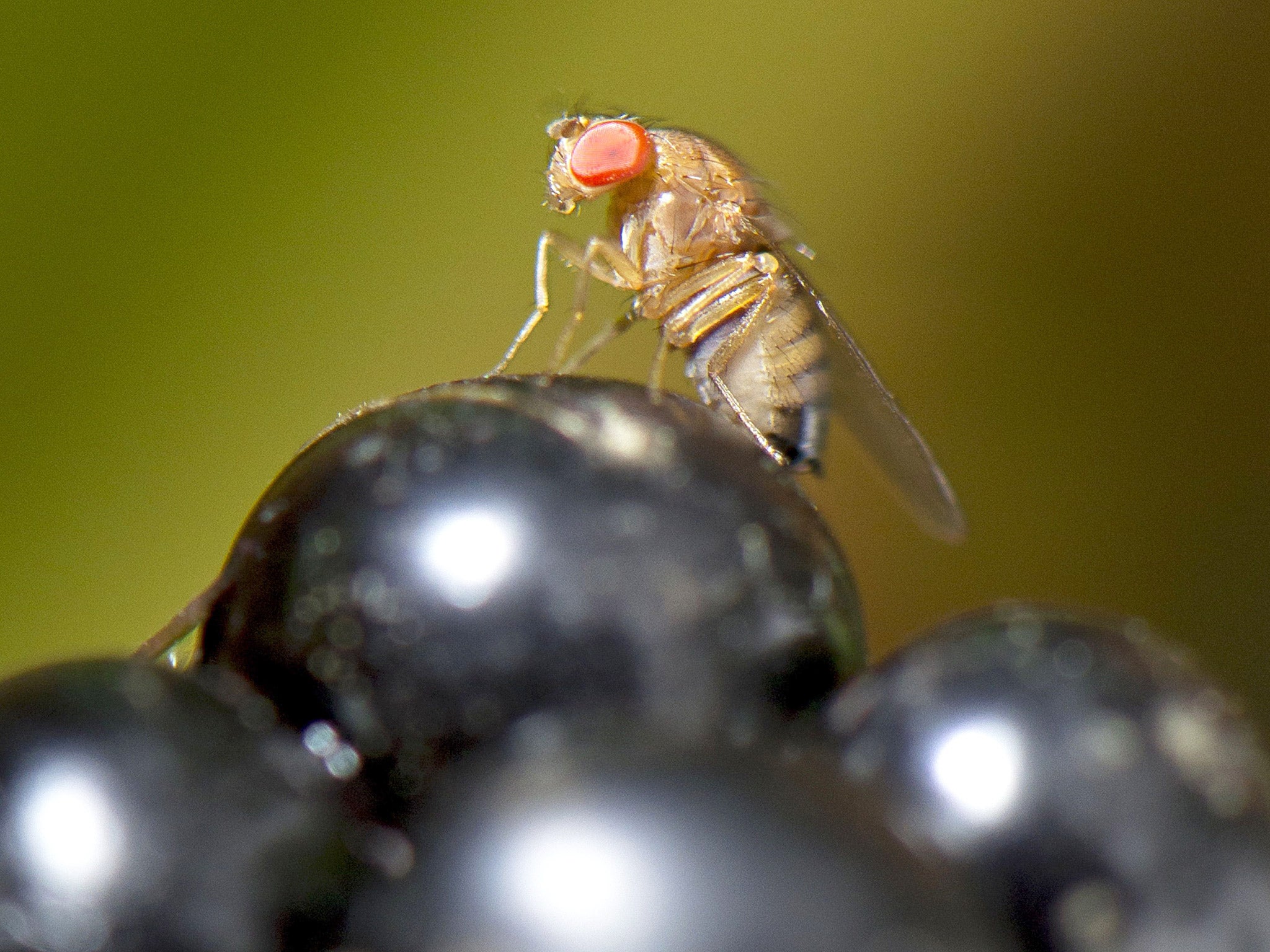The Independent's journalism is supported by our readers. When you purchase through links on our site, we may earn commission.
Parkinson's disease breakthrough 'could lead to cure'
Research could result in new drugs with the 'potential to slow or stop the condition in its tracks, which no treatment for Parkinson’s can currently do'

Your support helps us to tell the story
From reproductive rights to climate change to Big Tech, The Independent is on the ground when the story is developing. Whether it's investigating the financials of Elon Musk's pro-Trump PAC or producing our latest documentary, 'The A Word', which shines a light on the American women fighting for reproductive rights, we know how important it is to parse out the facts from the messaging.
At such a critical moment in US history, we need reporters on the ground. Your donation allows us to keep sending journalists to speak to both sides of the story.
The Independent is trusted by Americans across the entire political spectrum. And unlike many other quality news outlets, we choose not to lock Americans out of our reporting and analysis with paywalls. We believe quality journalism should be available to everyone, paid for by those who can afford it.
Your support makes all the difference.Scientists believe they have discovered that Parkinson’s disease is caused in a different way than previously thought and also a possible new way of treating the severely debilitating condition.
Charity Parkinson's UK said the research could lead to a new drug that could "slow or stop the condition in its tracks".
It was believed Parkinson’s occurs when mitochondria – which supply power to cells – malfunctioned, causing brain cells that produce the key hormone dopamine to die.
But Leicester University researchers found most of the problem related to another part of the cell, called the endoplasmic reticulum (ER), they reported in the journal Cell Death and Disease.
In a study with fruit flies that had been genetically modified to develop Parkinson’s, the scientists managed to at least partially correct the problem so that the number of brain cells increased and the flies’ muscles remained healthy.
One of the researchers, Dr Miguel Martins, said: “This research challenges the current held belief the Parkinson’s disease is a result of malfunctioning mitochondria.
“By identifying and preventing ER stress in a model of the disease it was possible for us to prevent neurodegeneration.
“While the finding so far only applies to fruit flies, we believe further research could find that a similar intervention in people might help treat certain forms of Parkinson’s.”
Parkinson’s, which affects about 127,000 people in the UK, causes shaking, memory and speech problems, anxiety and depression among other symptoms.
The ER’s role is to fold vital proteins used by a cell. If it misfolds the proteins, they can be dangerous so the cell will halt production. This is designed to protect the cell, but without the proteins it will eventually die.
The researchers believe the misfolding is caused when too much of the ER is attached to the mitochondria by a substance called mitofusin.
In a statement, Leicester University said: “The scientists were able to prevent neurodegeneration in mutant flies not only by reducing mitofusin, but also with chemicals that block the effects of ER stress.”
Claire Bale, head of research communications at Parkinson’s UK, said: “This research provides new insights into the significance of the role of the endoplasmic reticulum (ER) and the potential order of events that happens when a brain cell starts to malfunction and die.
“Identifying a way to prevent losing precious dopamine-producing cells in a fly model could translate to new and better treatments for Parkinson’s.
“This would have the potential to slow or stop the condition in its tracks, which no treatment for Parkinson’s can currently do.”
Join our commenting forum
Join thought-provoking conversations, follow other Independent readers and see their replies
Comments